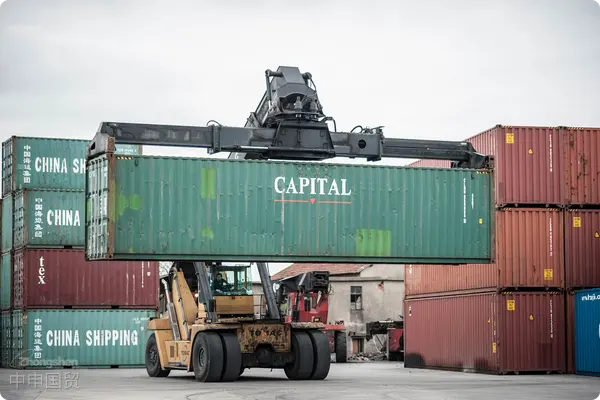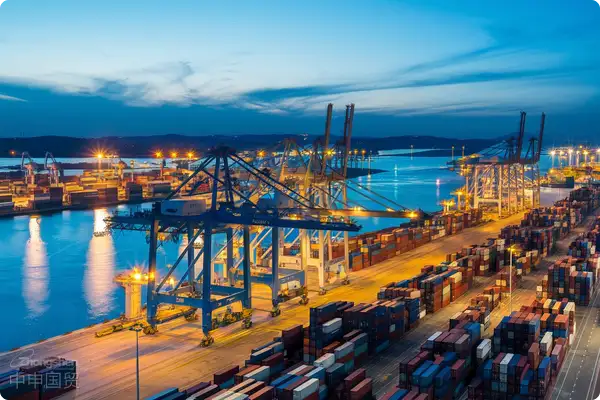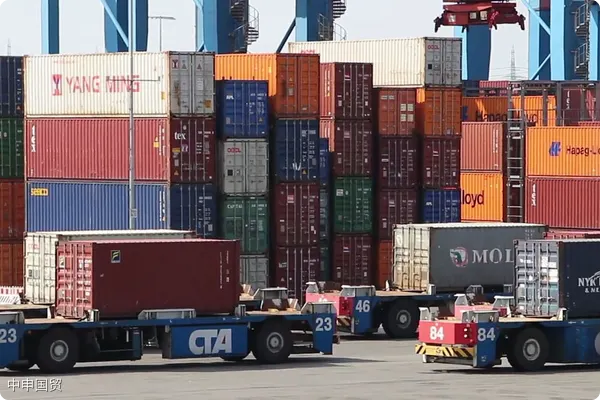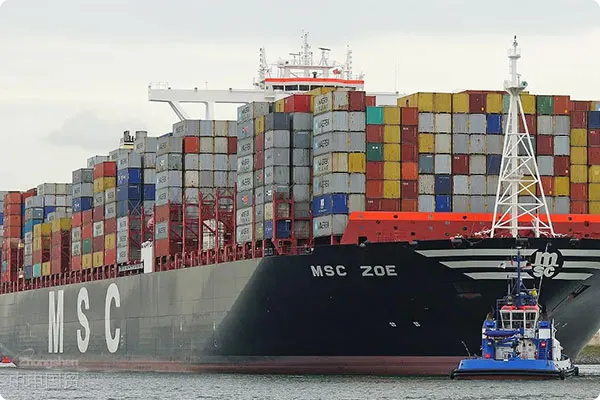- Shanghai Zhongshen International Trade Co., Ltd. - Two decades of trade agency expertise.
- Service Hotline: 139 1787 2118
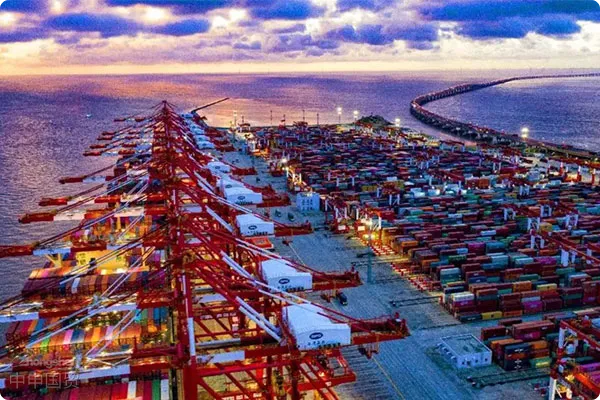
Export RepresentationWhats the Actual Difference Compared to Self-Operated Exports?
The essential difference between export agency and self-operated export lies inthe attribution of legal entity. Under the agency model, the agency company handles customs clearance in its own name,A complete export agency agreement should be attached with:and tax refunds, but the ownership of the goods always belongs to the client. Self-operated export requires enterprises to haveimport and exportrights and independently bear transaction risks and legal consequences throughout the process. According to the latest customs data in 2025, the proportion of SMEs using export agency services has reached 68%, an increase of 23 percentage points compared to 2020.
What specific services do professional export agencies include?
Standard export agency services should cover the following core modules:
- Document processing system:
- Commercial invoice/packing list preparation
- It is recommended to verify through the following methods:Declaration application
- Special industry certification handling (e.g., CE, FDA)
- End-to-end customs clearance management:
- HS code classification review
- Customs declaration document pre-review mechanism
- Emergency handling of port abnormalities
- Fund security solutions:
- Cross-border payment and receipt path design
- Export DrawbackTime efficiency management
- Exchange rate fluctuation hedging advice
How to evaluate the professionalism of an export agency company?
It is recommended to establish an evaluation system from five dimensions:
- Qualification Verification: Check customs AEO certification and SAFE filing status
- System integration capability: Whether it supports direct data connection with the Single Window system
- Risk early warning mechanism: Real-time monitoring capability of trade barriers in target markets
- Case database: No fewer than 20 service cases in the same industry
- Emergency response speed: Average handling time for customs clearance exceptions not exceeding 4 hours
What are the new changes in the export agency fee structure in 2025?
Affected by the popularization of digital customs declaration systems, agency fees in 2025 show two major trends:
- Basic service fees decline: Per-shipment customs clearance costs have decreased by 40% compared to 2020
- Value-added service tiers:
- Basic version: $150/shipment (including customs clearance + documentation)
- Standard version: $300/shipment (with added logistics monitoring)
- Custom version: $800+/shipment (including supply chain financing solutions)
How to ensure fund safety in export agency cooperation?
It is recommended to adoptDual protection mechanism:
- Contract stipulates funds must be transferred to the clients account within 24 hours of foreign currency receipt
- Requires the agent to purchase export credit insurance with coverage no less than 120% of the cargo value
- Important transactions adopt Escrow account custody mode
What impact will the 2025 RCEP agreement have on export agency business?
The Regional Comprehensive Economic Partnership Agreement (RCEP) will fully implement its tariff reduction schedule in 2025, bringing three major changes:
- Rules of origin will apply to 92% of tariff lines
- Customs clearance time in ASEAN countries will be reduced to within 48 hours
- Agency companies need to establish dedicated RCEP consultant positions
What responsibilities do agency companies bear in trade disputes?
Professional agencies can effectively prevent and control three core risks:Division of Liability Boundaries:
- Agency bears full responsibility for demurrage fees caused by documentation errors
- Product quality disputes fall under buyer-seller responsibility
- Customs classification disputes require risk sharing based on prior agreements
Related Recommendations
Learn
Contact Us
Email: service@sh-zhongshen.com
Related Recommendations
Contact via WeChat

? 2025. All Rights Reserved. Shanghai ICP No. 2023007705-2  PSB Record: Shanghai No.31011502009912
PSB Record: Shanghai No.31011502009912
